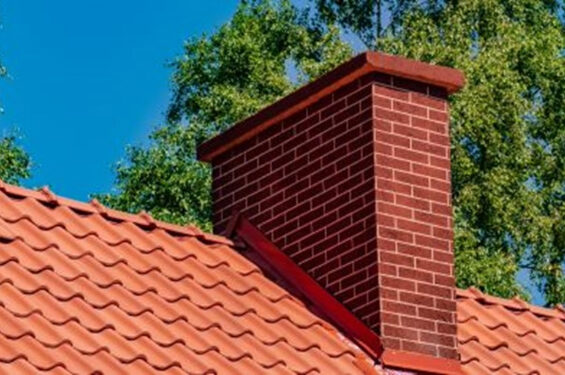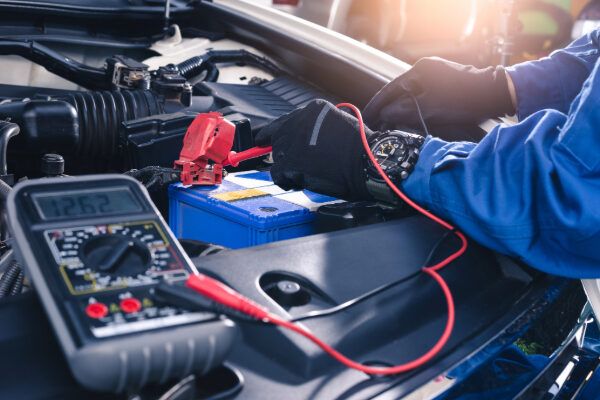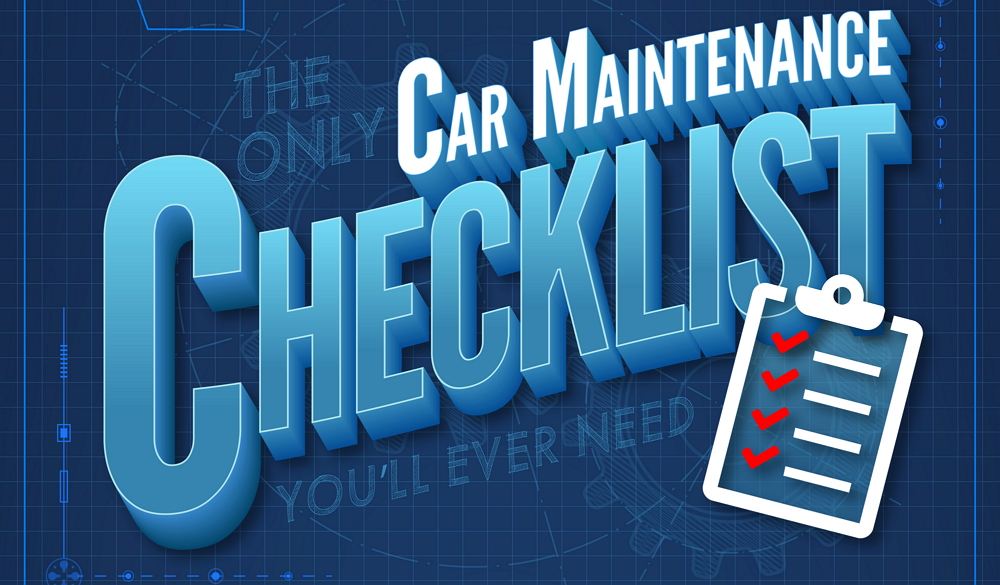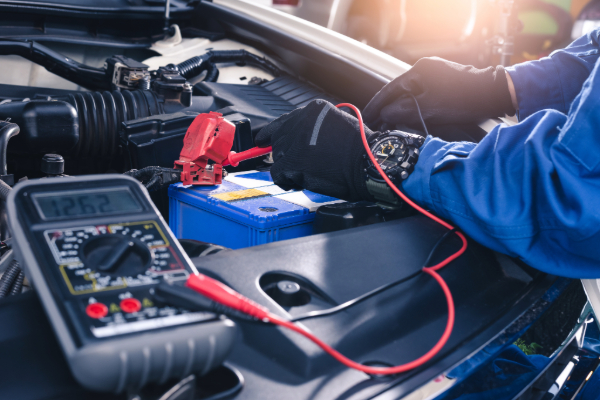How to Clean a Chimney
Cleaning your chimney is essential for the safety of your home, as it can help prevent dangerous chimney...
Read more about How to Clean a ChimneyGet the latest how-tos, articles and tips for your car, home, finances and all of the things that matter most.

Cleaning your chimney is essential for the safety of your home, as it can help prevent dangerous chimney...
Read more about How to Clean a Chimney
Home maintenance is an ongoing process. From raking leaves and replacing shingles to cleaning disposals and replacing batteries...
Read more about Seasonal Home Maintenance Checklist
Usually, a car battery lasts 3-5 years. However, how long a car battery lasts varies based on weather...
Read more about How Long Does a Car Battery Last?
Schools, playgrounds and childcare facilities are full of energy and fun — and they’re also full of kids’...
Read more about How to Prevent the Spread of Kids’ Germs
Summer fun is about enjoying celebrations and time outdoors with activities like swimming, grilling out, going to parades...
Read more about Firework Safety Tips
Driving on the highway for the first time can be nerve-racking, which is why it’s common for new...
Read more about Highway Driving Tips for Teens
For many parents, handing over the car keys to a teenager feels like handing over their heart, wrapped...
Read more about How to Prevent the Spread of Kids’ Germs
With a track record of outperformance, the Nationwide Strategic Income Fund (NWXHX) recently surpassed $1 billion in assets...
Read more about How to Prevent the Spread of Kids’ Germs
In support of those affected by the floods in Central Texas, the Nationwide Foundation is making a $100,000...
Read more about How to Prevent the Spread of Kids’ Germs
For many families, game night is a big tradition. It can be a great way to make memories...
Read more about 20 Fun Family Game Night Ideas
It’s one of the worst things that can happen to a driver. You turn the key in your...
Read more about Why Your Car Won’t Start
One minute you’re driving your car and everything seems fine, and the next moment you hear a strange...
Read more about 12 Common Car Noises and What They Mean
Shopping has evolved dramatically over the past several decades, providing consumers with more choice and convenience whether they...
Read more about Online Shopping vs. In-Store Shopping: Pros and Cons
Staying on top of your car’s maintenance can prolong the life of your vehicle. It can also save...
Read more about The Ultimate Car Maintenance Checklist [Infographic]
In the early 2000s, luxury car manufacturers began producing automobiles that were missing something: a key. Like many...
Read more about What You Need to Know About Push-Button-Start Cars
To understand whether you have a bad alternator or a bad battery, you need to understand how a...
Read more about Signs of a Bad Alternator or Battery
Have you ever found yourself on a long drive, glancing nervously at the gas gauge as it sits...
Read more about Why Did My Gas Gauge Stop Working?
Knowing what your car dashboard symbols mean is extremely important. This guide breaks down the most common dashboard...
Read more about 15 Common Car Dashboard Symbols
You know the basics: Come to a complete stop at a red light, follow the speed limit...
Read more about The Weirdest Traffic Laws by State
Whether you’re planning a cross-country trip or just a quick weekend getaway, here are some road trips to...
Read more about Road Trip Tips: 9 Ways to Help You Thrive While You Drive
Usually, a car battery lasts 3-5 years. However, how long a car battery lasts varies based on weather...
Read more about How Long Does a Car Battery Last?